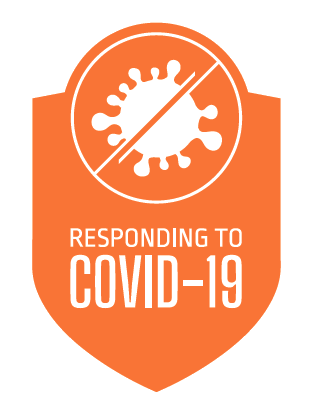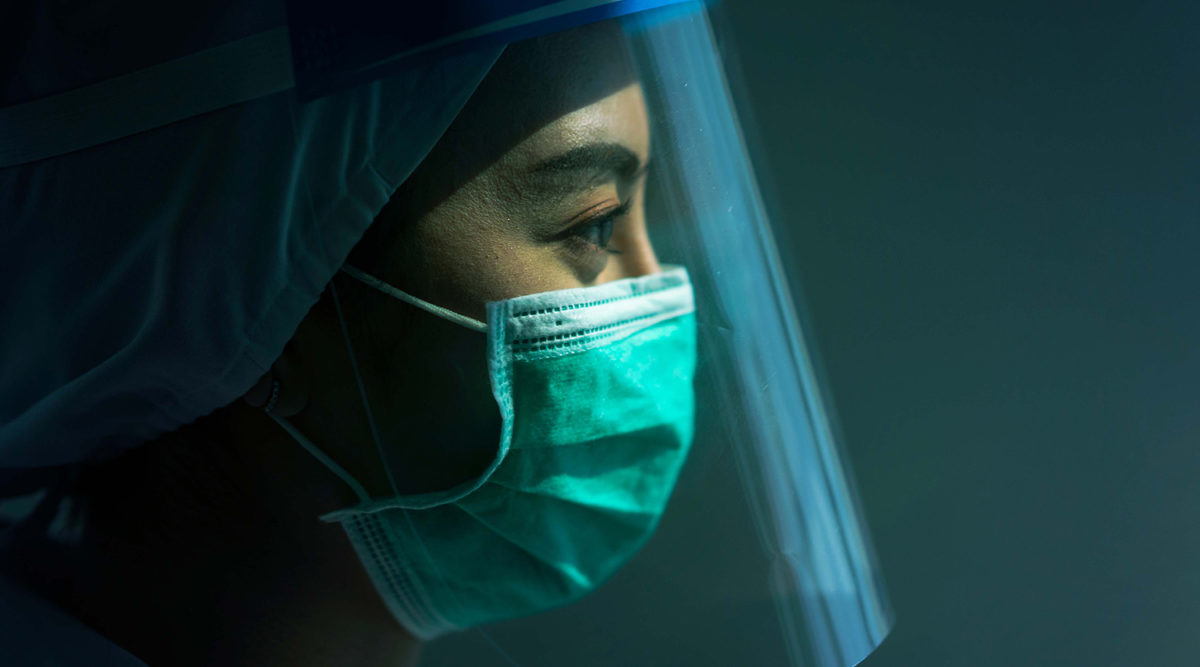
Clinical Study of Azithromycin
Premier research teams worldwide are racing to halt the devastation of this novel coronavirus. The Francis I. Proctor Foundation for Research in Ophthalmology quickly joined the fight, using its 20 years of experience with the antibiotic azithromycin to search for solutions.
Two decades ago, That Man May See helped to launch the Proctor Foundation’s research to eliminate the blinding disease trachoma in Ethiopia. The seed-funded pilot study examined the impact of azithromycin on infants and young children. Findings proved that the antibiotic drastically reduced prevalence of the eye disease and saved children’s lives.
Leaping into Action
Now, Catie Oldenburg, ScD, MPH, and Thuy Doan, MD, PhD, lead a clinical trial for COVID-19. They have leveraged Proctor Foundation’s deep azithromycin expertise to swiftly initiate a well-designed, nationwide, randomized clinical trial, with support from the Bill & Melinda Gates Foundation. Planning for such rigorous studies often takes months and even years, but the team is already enrolling patients, following a markedly compressed planning period.
The clinical trial is called Azithromycin for COVID-19 Treatment in Outpatients Nationwide (ACTION). The research team, which also includes Ben Arnold, PhD; Travis Porco, PhD; and Tom Lietman, MD; hopes to recruit at least 2,300 patients by the end of the year.
The trial will help researchers understand the potential effect of a single dose of the antibiotic in halting progression of COVID-19 in patients who are not hospitalized. Azithromycin is an antibiotic used to treat many common bacterial infections, and it may have antiviral and anti-inflammatory properties.
The Proctor team collaborates with the Stanford Clinical Virology Lab to recruit newly diagnosed COVID-19 patients. This lab has been performing a high volume of California tests for the virus, known as SARS-CoV-2. COVID-19 patients nationwide are encouraged to participate, and more virology labs will be recruited as well.
Inside the Trial
Each participating patient will be sent a single dose of the azithromycin or a look-alike placebo. Because the study is conducted completely via mail and email, patients with proof of a positive SARS-CoV-2 test can enroll from anywhere in the United States within seven days of their positive test result. Participants will then complete five short online questionnaires over the subsequent three weeks. In addition, Dr. Doan and her lab team will analyze biosamples taken at home by interested participants. Their analysis will provide insight into the precise effects of the azithromycin.
Changing Science, Changing World
In the face of this pandemic, the Proctor team is experiencing synergy like never before.
“There’s a level of cooperation across disciplines that was unusual before,” says Dr. Oldenburg. “I feel that the way researchers are working together during the pandemic is going to change how we do science forever.”
Evidence generated by the ACTION trial will serve as a blueprint for future trials. “We don’t think this is the last coronavirus epidemic that we’re going to see,” says Dr. Oldenburg. “What we learn now will allow us to jumpstart effective research practices during future epidemics.”
Dr. Oldenburg stresses the importance of patients stepping forward to participate in gold-standard clinical trials like this one. “To understand and properly evaluate drug treatments,” she says, “the best thing we can do is to conduct and volunteer to take part in randomized controlled trials.”

Join the Trial
If you or someone you know tests positive for COVID-19, please consider enrolling in the ACTION study within three days of diagnosis. Learn more: Website: proctor.ucsf.edu/action-trial
Email: Actiontrial@ucsf.edu
Phone: 415.326.3761

